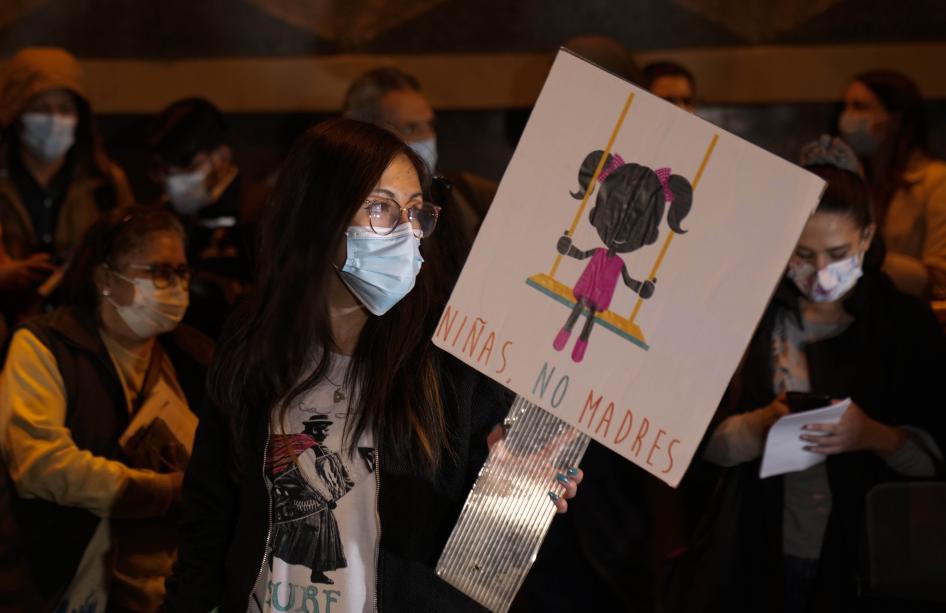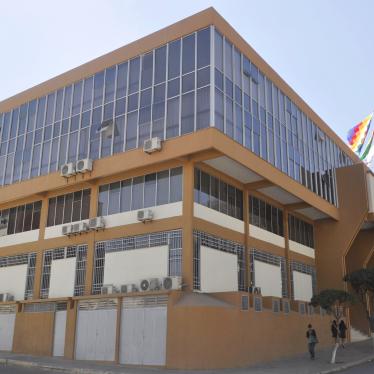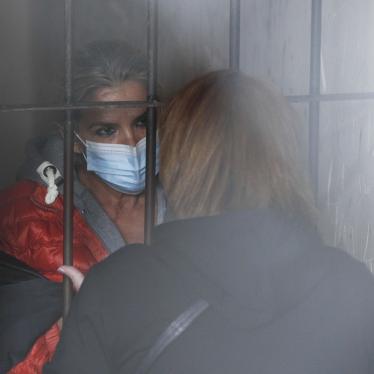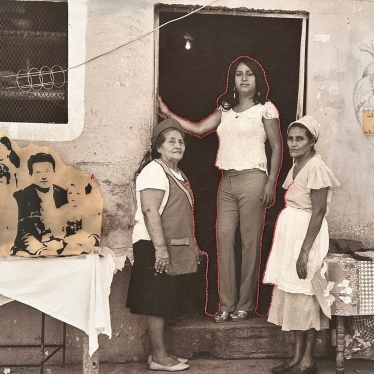The ordeal of an 11-year-old girl who became pregnant after repeatedly being raped by a family member briefly brought to the fore the myriad barriers to obtaining a legal abortion in Bolivia.
After weeks of publicity and thanks to the intervention of the Ombudsperson’s Office, the child was finally, on November 6, able to terminate her pregnancy. Since then, the issue has disappeared from public discussion, as if the case were exceptional.
It absolutely is not.
Girls and women in Bolivia face alarming rates of sexual violence. If they become pregnant as a result of rape, they are legally entitled to seek an abortion. Under Bolivian law, abortion is legal when a pregnancy results from rape or incest, or is necessary to protect the life or health of a pregnant person. But women and girls seeking legal abortions under these circumstances are likely to encounter stigma, mistreatment, and revictimization. State institutions are failing drastically to provide them with the support they need.
Data from a 2020 study by the Ombudsperson’s Office show gaping holes in the protection of sexual and reproductive rights: 90 percent of healthcare personnel interviewed in 44 public hospitals did not know the circumstances under which an abortion is legal in Bolivia. The study also identified barriers to obtaining an abortion, from lack of adequate medication and facilities to healthcare personnel incorrectly stating that women and girls need to get a judicial order, which is not required under Bolivian law.
Significantly, the Ombudsperson’s Office has denounced efforts by healthcare personnel to convince girls and women not to terminate their pregnancies. Denying or delaying a safe abortion or forcing someone to continue a pregnancy against their will is discrimination and gender-based violence, and it may amount to torture under international standards. The girl’s nightmare shows the intense suffering and revictimization that such obstacles can provoke.
The child first noticed “movements in her belly that scared her” and told a cousin, according to official records that Human Rights Watch reviewed. In her first interview with a psychologist, she cried, saying: “I do not want to be pregnant. I want to go to school.”
On October 22, she was taken to a hospital in the city of Santa Cruz, where doctors gave her a dose of mifepristone, a medication used to end a pregnancy, the records said. But the next day, the girl’s mother told the Ombudsperson’s Office that, after a visit from Catholic Church representatives, the child had decided to continue the pregnancy.
At a meeting attended by Catholic Church representatives but not by the girl or her mother, health personnel decided to suspend the abortion, the Ombudsperson told me.
In reviewing the girl´s apparent decision to continue the pregnancy, a second psychological report, from October 25, said that she “had been influenced” and the language she had used in the interview “was not her own.” She retold the psychologist the horrifying description of abortion that she had heard from church representatives and said: “That scared me.” After that visit, she had signed a statement saying she wanted to continue the pregnancy. “They made us sign something,” she told the psychologist. “I did not say anything.”
The hospital released the girl to a Catholic shelter on October 26. On November 2, in response to a petition by the Ombudsperson’s Office, a court in La Paz ordered that she be taken from the shelter and her situation be examined by a medical team. Once she was back at a hospital, doctors finally performed a safe abortion with her consent and her mother’s support. Had someone not intervened on her behalf before the courts, she might still be in the shelter, pressured into continuing a potentially life-threatening pregnancy against her wishes.
Her case is sadly no anomaly.
From January through April 2021, the Attorney General’s office received reports of more than 1,000 cases of rape of children. The real number is most likely higher because of underreporting.
Ipas, an international non-governmental organization, estimates almost 60,000 Bolivian girls and women had illegal abortions in 2016, the latest number available, while official data show that hospitals conducted only 62 legal abortions that year. The data suggest that significant barriers are pushing girls and women to seek abortions outside the health system, with potentially deadly consequences. Unsafe abortion is ranked as the third-most-common cause of maternal death in Bolivia.
The Bolivian government has called for those who violated the girl’s rights, including state employees, to be punished. A thorough investigation is certainly warranted.
But that is not enough.
The government should seek to decriminalize abortion and ensure the health system is prepared to provide comprehensive sexual and reproductive health care, including safe abortion care. At the very least, it should guarantee access to legal abortion under current law without discrimination, stigma, undue influence, or unnecessary delays.
No one should have to endure a nightmare to interrupt a pregnancy.









